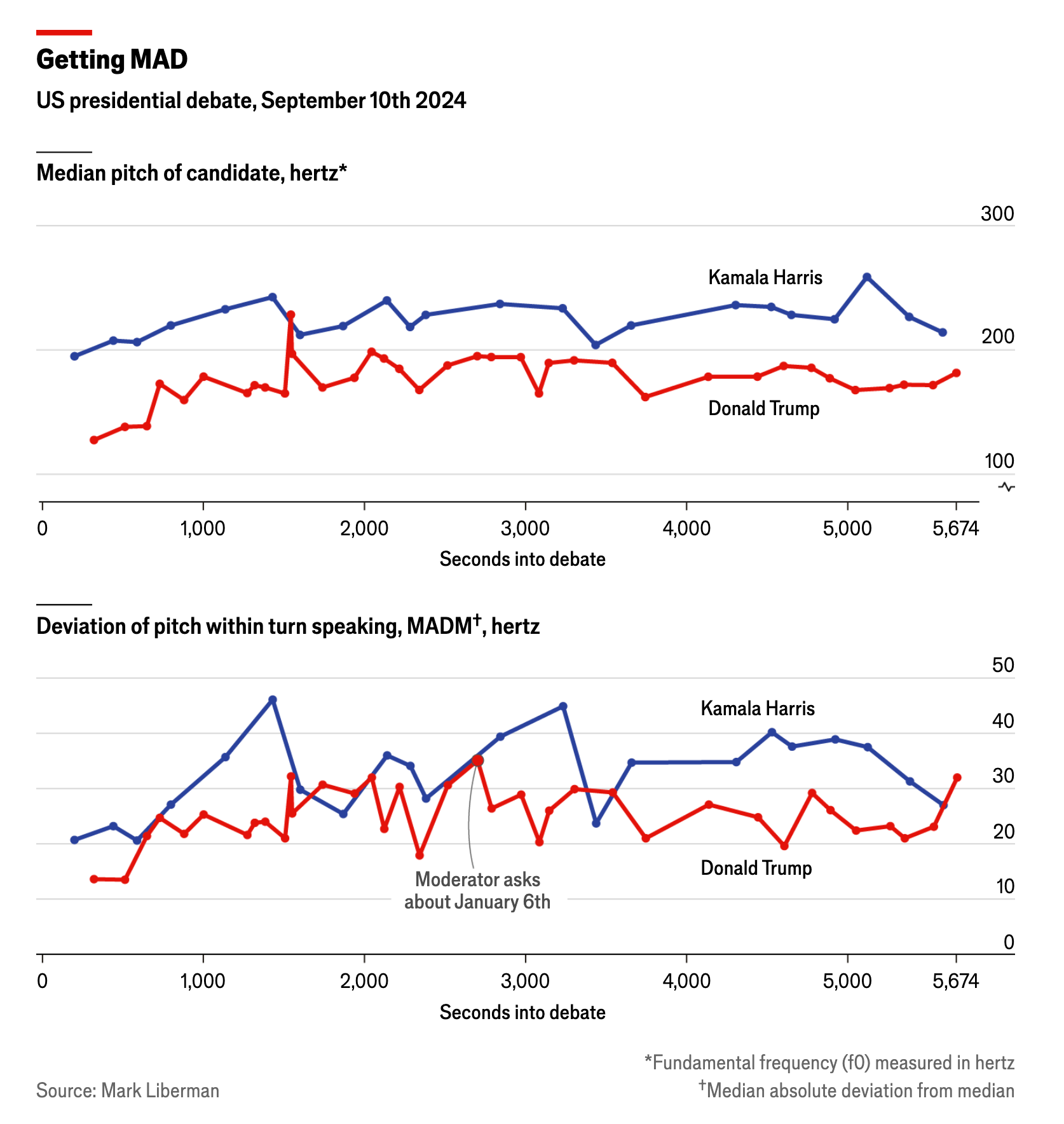AI-based DeepL is different
So says DeepL CEO Jarek Kutylowski.
"DeepL translation targets Taiwan as next key Asian market: CEO says AI-based model is aiming to refine nuances, politeness", Steven Borowiec, Nikkei staff writer (September 16, 2024)
DeepL Write is one thing, DeepL Translator is another. We've examined both on Language Log and are aware that the former is already deeply entrenched as a tool for composition assistance, but are less familiar with the special features of the latter.
The article by Borowiec, based on his interview with CEO Jarek Kutylowski, begins with some not very enlightening remarks about the difference between simplified characters on the mainland and traditional characters on Taiwan, attesting to the truism that CEOs and CFOs often don't know as much about the nitty-gritty technicalities of the products they sell as do the scientists and specialists they hire to make them.
Read the rest of this entry »




